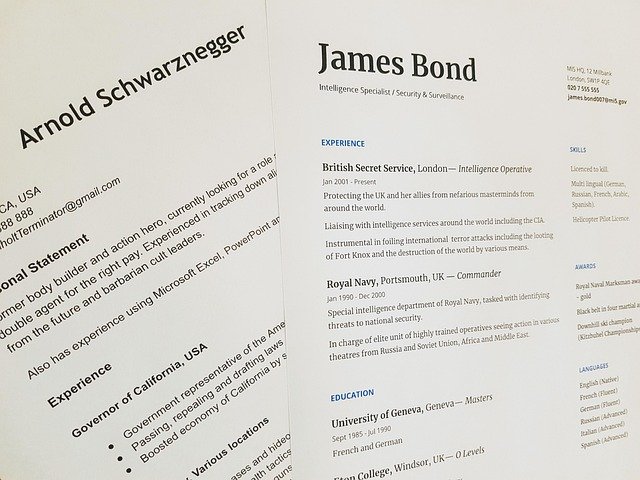Cover Letters: Purpose, Structure, and Effective Writing
A cover letter is a concise, personalized document that accompanies your resume in a job application. It explains why you are interested in a specific role, highlights relevant experience, and links your skills to the employer’s needs. Well-crafted cover letters help hiring managers understand fit and motivation that a resume alone may not convey. This article explains what cover letters do, how they relate to your resume, ways they strengthen a job application, how cover letter writing supports career planning, and practical tips to improve clarity and impact.

What is a cover letter and why include one?
A cover letter introduces you to an employer and contextualizes the information found on your resume. While a resume lists skills and chronology, a cover letter connects those points to the job description, showing how you would add value. Employers may look for evidence of communication, cultural fit, and specific project outcomes. Including a tailored cover letter can clarify employment gaps, career changes, or the reasons you’re moving industries, which helps recruiters make a quicker, more informed evaluation of your candidacy.
How should a cover letter match your resume?
A strong cover letter aligns with key achievements and terminology used on your resume without repeating it verbatim. Use one or two specific examples from your resume—quantified results or clear outcomes—to illustrate claims, then expand briefly on how those experiences prepared you for the new role. Ensure job titles, dates, and core skills are consistent across documents. Consistency prevents confusion during screening and demonstrates attention to detail, which is important in many professional fields.
How can a cover letter strengthen a job application?
A purposeful cover letter frames your resume within the context of the employer’s needs and the job description. It allows you to prioritize which experiences matter most for that position and to highlight transferable skills when switching roles. If the job application portal asks targeted questions, your cover letter can address them in a narrative form. Recruiters often use the cover letter to assess written communication and professionalism; a clear, focused letter can increase the likelihood your application advances to interview stages.
How does cover letter writing support your career planning?
Writing cover letters forces you to reflect on your career goals and how individual roles fit into longer-term plans. The process helps you articulate strengths, identify recurring themes in your work history, and discover gaps to address through training or projects. Over time, collecting tailored cover letters creates a library of role-specific language and accomplishments you can reuse and adapt, making future job applications faster and more strategic. This practice supports informed decisions about career direction and skill development.
What are practical cover letter writing tips?
Keep cover letters concise—generally four to six short paragraphs or about 250–400 words. Open with a clear statement of the position and a brief hook that ties you to the employer (shared values, a specific achievement, or a referral). Use one paragraph to highlight a measurable accomplishment from your resume and another to explain why the company and role align with your career goals. Close by summarizing fit and indicating availability for next steps without a direct call to action. Proofread for grammar, customize for each job application, and use professional formatting consistent with your resume.
Conclusion
A well-written cover letter complements your resume by providing context, demonstrating communication skills, and highlighting motivation that a chronological CV may not capture. Treat each letter as an opportunity to frame your job application around the employer’s needs and to reflect on your career trajectory. With targeted examples, consistent formatting, and careful editing, cover letters can meaningfully improve how hiring managers perceive your candidacy.






